Revealed: ALP’s secret $400,000 polling which led to Annastacia Palaszczuk quitting
Secret taxpayer-funded polling informed the resignation of premier Annastacia Palaszczuk last December and guided major government decisions, including Queensland’s hardline Covid restrictions.
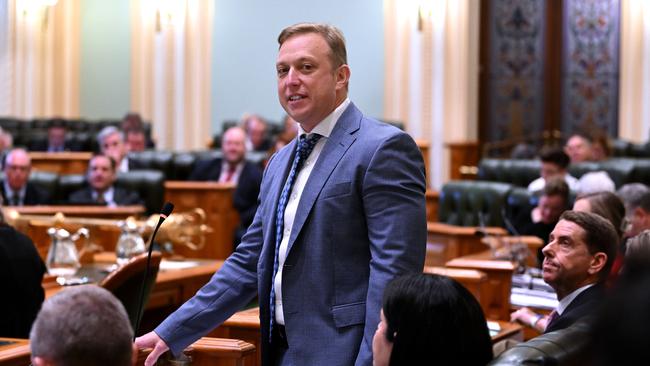
Secret taxpayer-funded polling informed the resignation of premier Annastacia Palaszczuk last December and guided major government decisions, including Queensland’s hardline Covid restrictions.
Thousands of pages of the polling, dating back to 2020, were released by Premier Steven Miles on Thursday as part of his declared commitment to improving transparency and after a year-long campaign by The Australian for them to be released.
The state government has spent more than $1m surveying Queenslanders on major political pressure points including youth crime, the Brisbane 2032 Olympics, the Indigenous voice and pandemic border closures.
Polling reveals how voters have grown increasingly unhappy with the third-term Labor government since the height of its popularity during the Covid-19 pandemic, with Queenslanders now dissatisfied with its performance on every issue canvassed. Fewer than one in five Queenslanders are happy with Labor’s handling of crime and cost-of-living pressures; in November only 23 per cent of Queenslanders rated the then Palaszczuk government as “trustworthy”.
It was during December that internal pressure from within cabinet, which had been receiving monthly briefings on the polling, and unrest in the union movement led to Ms Palaszczuk resigning.
Results from the November poll, handed to government five days before Ms Palaszczuk quit as premier, reveal “significant” drops on performance measures including being a trustworthy government, managing population and economic growth and making housing more affordable.
Ms Palaszczuk repeatedly refused to release results of Ipsos Public Affairs sentiment testing after details of the $390,000 contract were obtained by The Australian in November under Right to Information laws.
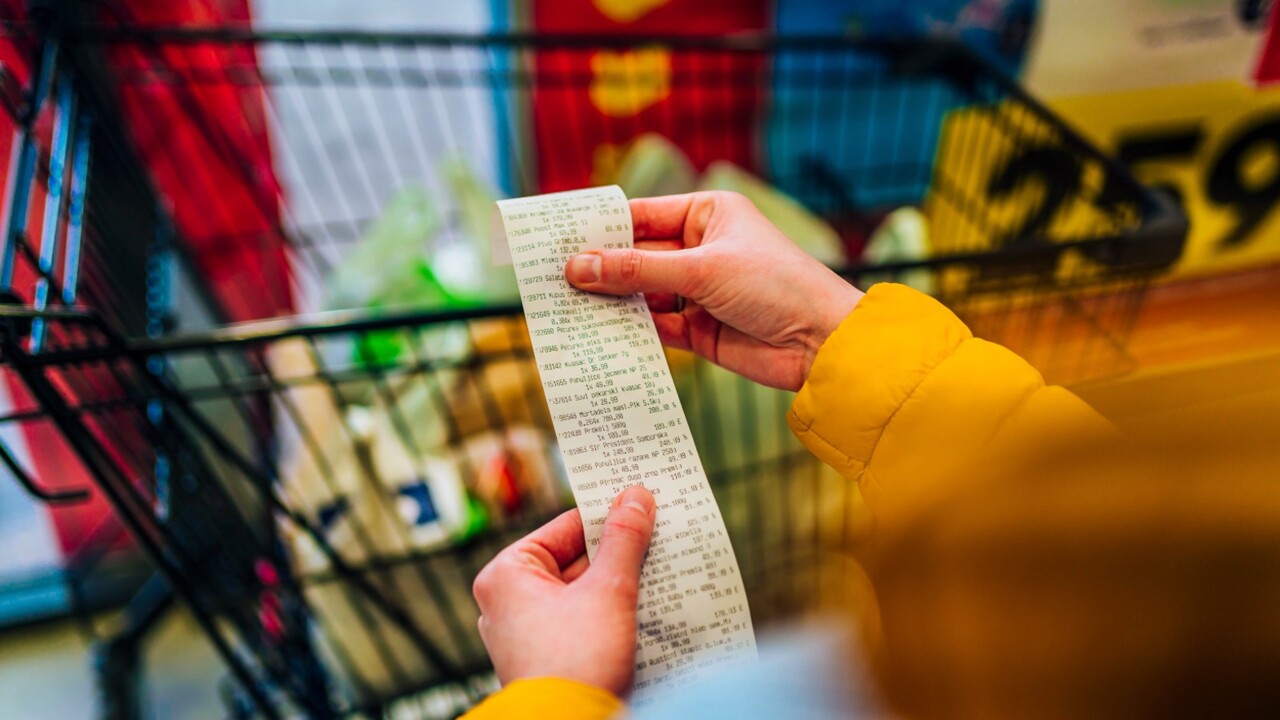
The release of the first five “waves” of the polling project, one of the biggest undertaken in Queensland, is being used to shape the government’s focus, policies and pitch to voters ahead of the October 26 election.
Fewer than half of voters were satisfied with the government’s performance across all 13 issues polled, including delivery of health and education services, tackling crime and climate change, creating jobs and building local infrastructure.
Cost of living is the main issue for voters, followed by crime and housing.
The highest satisfaction level has consistently been with the government’s handling of natural disasters and preparedness, which swung between 51 per cent and 49 per cent in November, the last wave of polling that has been made public.
Voters satisfaction with the government’s “managing population and economic growth” has fallen to 21 per cent.
Only 16 per cent supported the government’s handling of crime and just 12 per cent said they were satisfied with the government’s handling of cost-of-living pressures – the two issues that have dominated Mr Miles’ “reset’ of the government agenda since being elevated to the top job.
Reports from secret sentiment testing undertaken during the Covid-19 pandemic were also released on Thursday, which revealed the government had been polling Queenslanders about whether interstate borders should reopen while publicly denying it had asked the questions.
The Palaszczuk government spent more than $500,000 surveying voters on Queensland’s Covid restrictions, when they should ease, and what impact they were having on their lives and the economy.
Results from more recent poll reports also reveal how Mr Miles has used sentiment testing to guide the government’s agenda in his first two months as Premier.
In a November survey of 1200 people, support for the Brisbane 2032 Olympics plunged to its lowest levels, with only 38 per cent of voters agreeing the Games were a good idea for Brisbane.
In one of his first acts as Premier, Mr Miles announced the $2.7bn redevelopment of the Gabba would be paused until it was examined by an independent review.
Sentiment testing from November also revealed voter concern about grocery prices had jumped, prompting Mr Miles to put supermarket giants on notice and announce a parliamentary inquiry into alleged gouging.
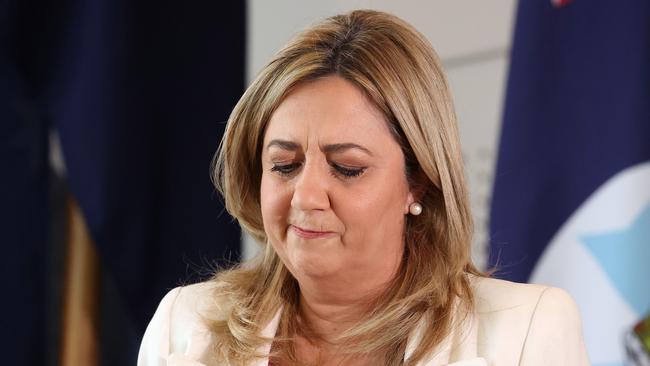
The state’s new housing plan, unveiled last week, came after the latest polling showed a drop in the government’s performance on housing affordability. Only 10 per cent of voters were satisfied with the state government’s efforts to make housing more affordable.
“Three in five Queenslanders believe that affordable housing initiatives would help the housing shortage followed by rent control, particularly among younger Queenslanders and females,” the November report read.
“More Queenslanders consider state government responsible for rental assistance this wave.
“This is in line with lower satisfaction with the Queensland government’s performance around housing, including making more homes and land available and housing more affordable.”
The $3.1bn Homes for Queenslanders plan released last week includes a new target for 53,500 social homes by 2046, a 20 per cent funding increase for homelessness services and a ban on rent bidding.
Crime is a major concern for voters, with only 16 per cent satisfied with the government’s performance. Most blamed lenient sentencing, lack of supervision and drug use for crime rates.
“Crime is seen as an issue by at least three-quarters in north and far north Queensland,” the report read. “This is consistent with what we heard in a recent qualitative project where crime was quickly raised in our discussions with community.”
The ability to charge taxpayers for data about voter perceptions is an advantage for incumbent governments in election campaigns, allowing them to shape policy and assess talking points before they are implemented.
Mr Miles said he agreed to release the results because he believed “government can be more transparent” and pledged to publish future survey reports. “The Queensland government, like most large organisations, commissions research to understand the views of Queenslanders,” he said. “I don’t think it’s unusual for government or any business or organisation (to use) audience research to inform their work.

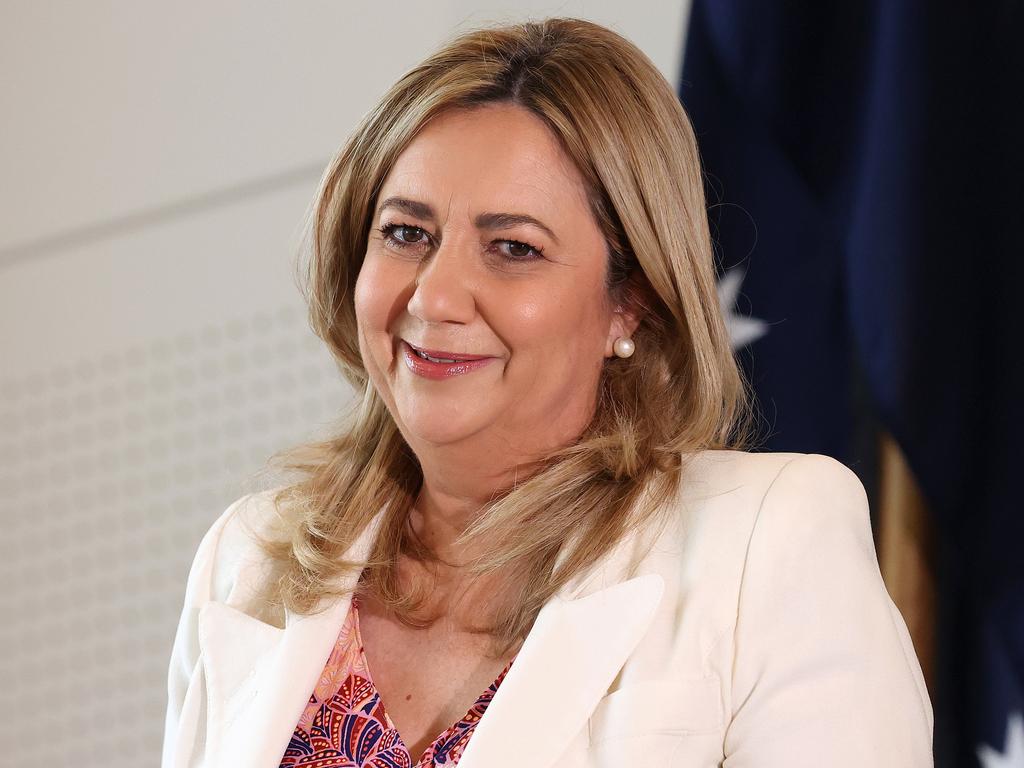
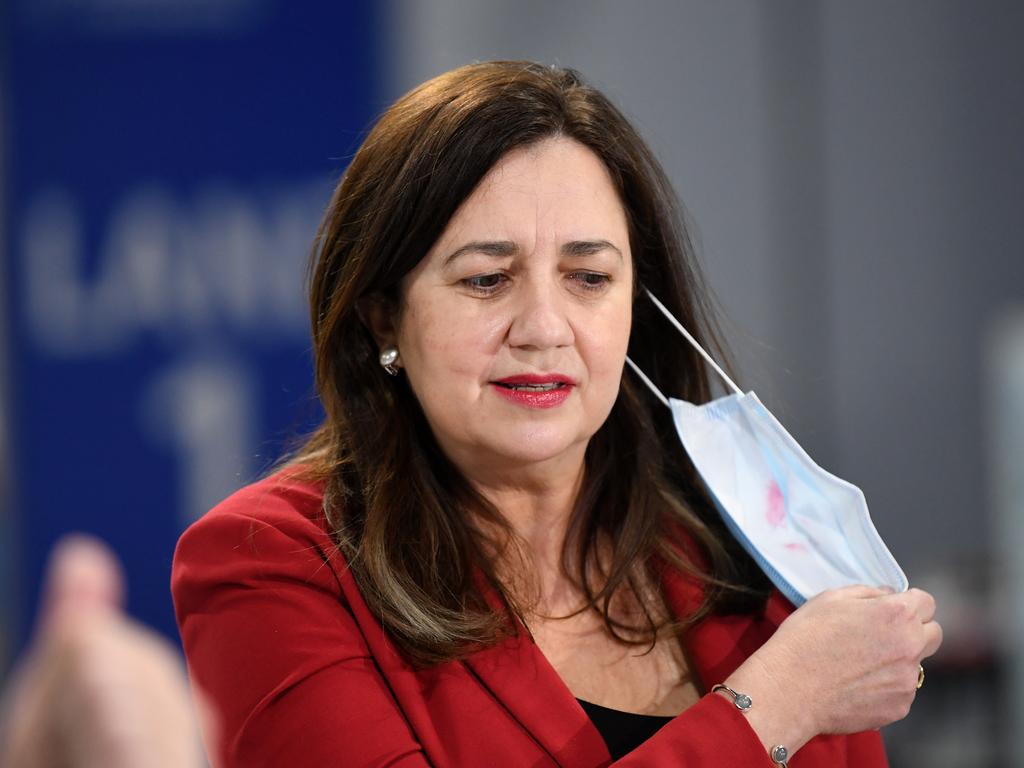
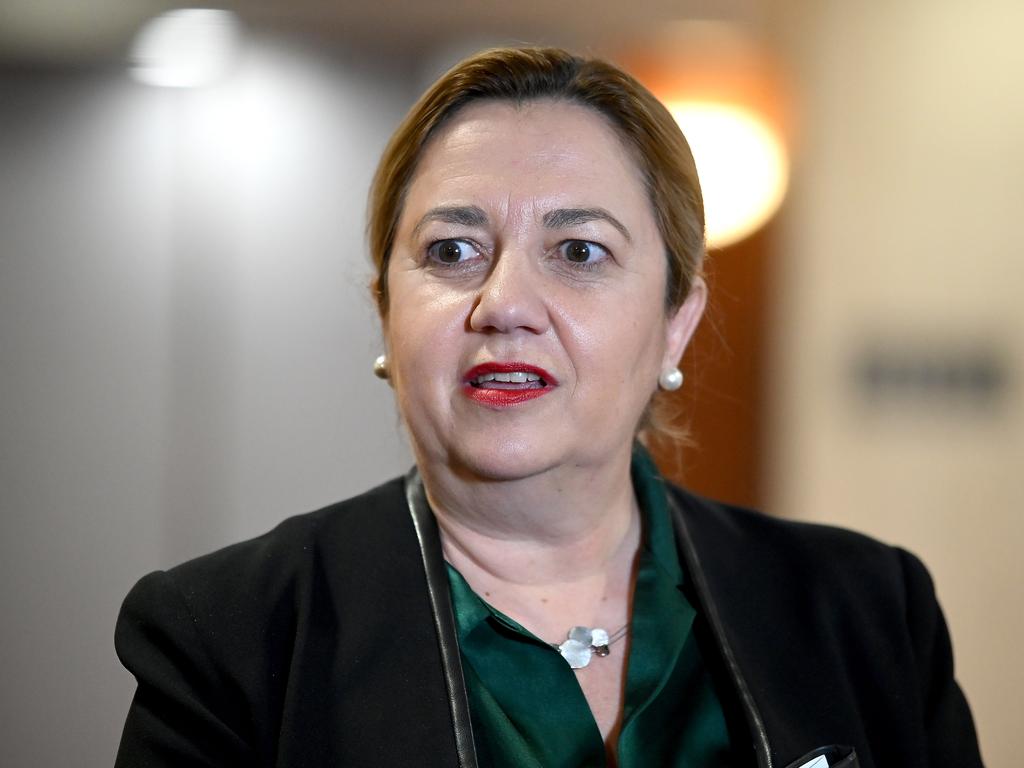
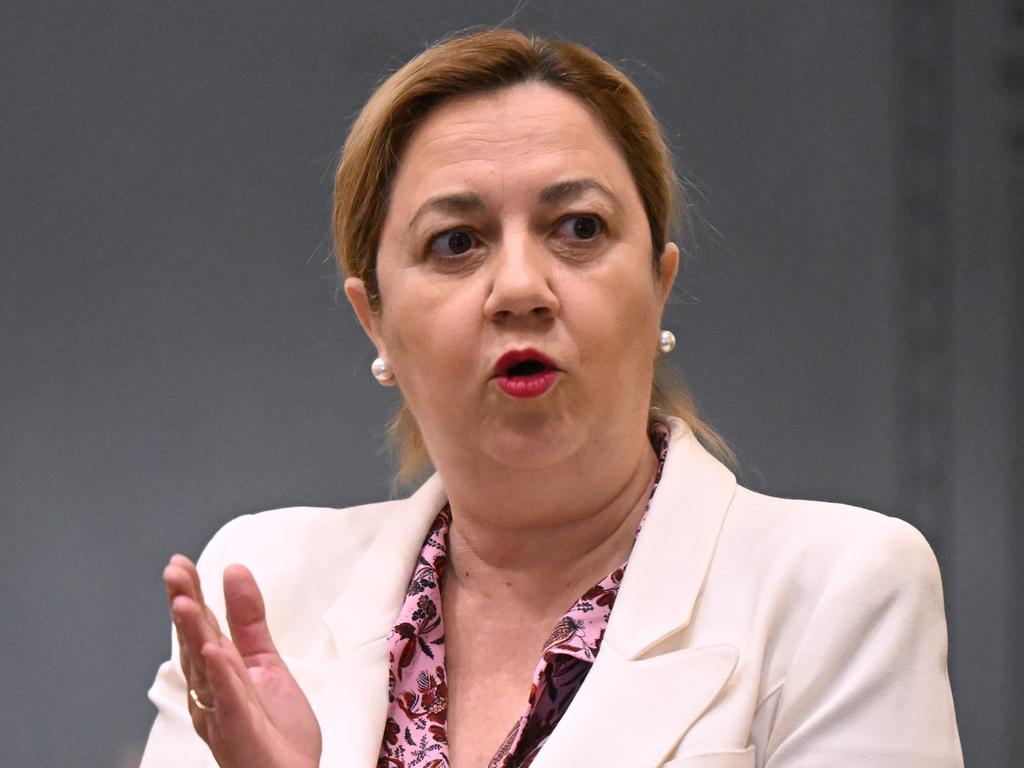


To join the conversation, please log in. Don't have an account? Register
Join the conversation, you are commenting as Logout